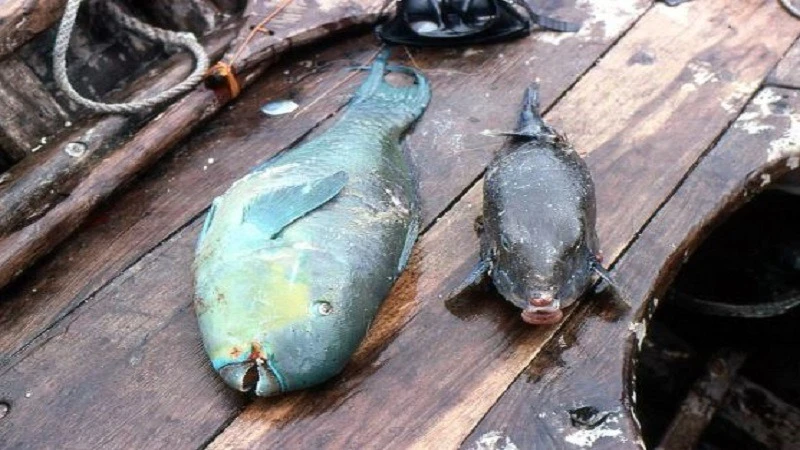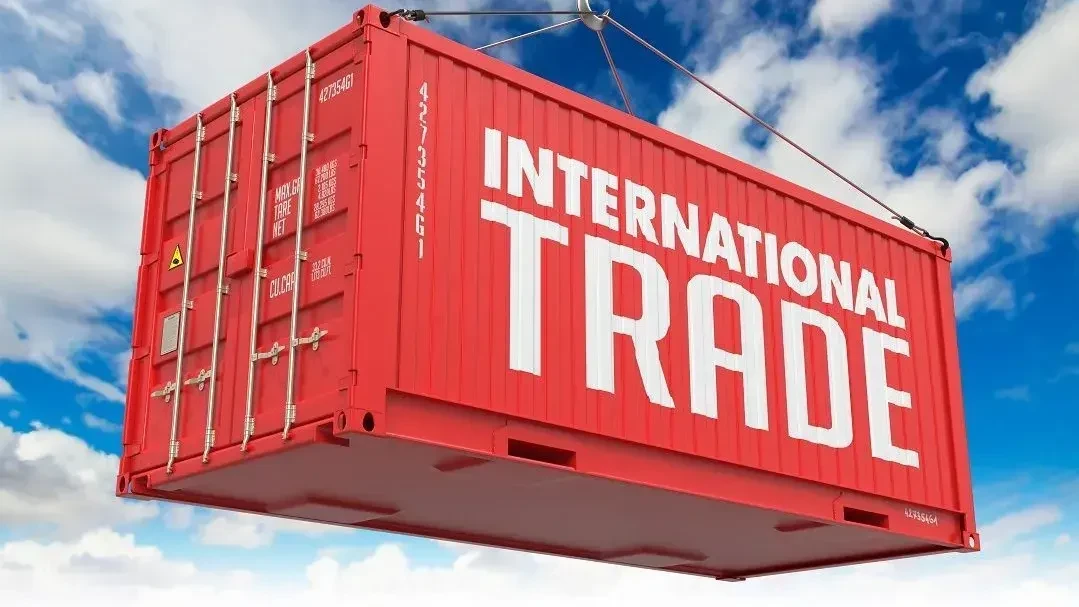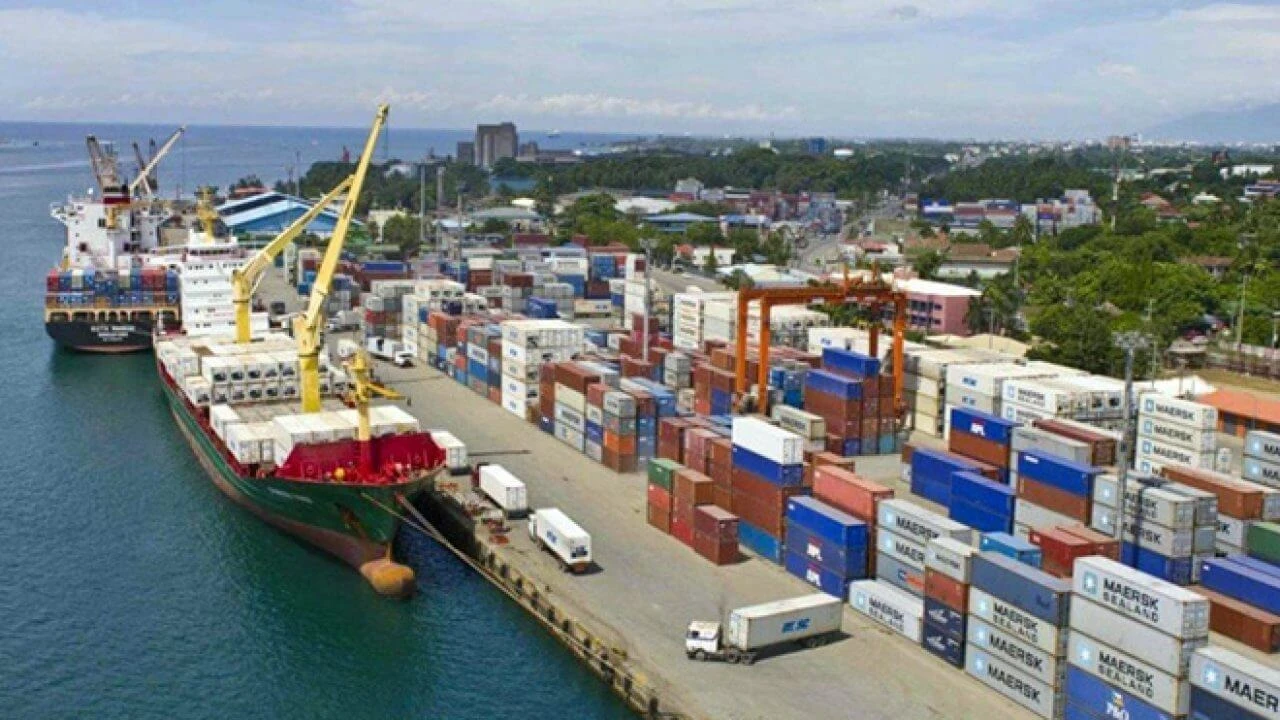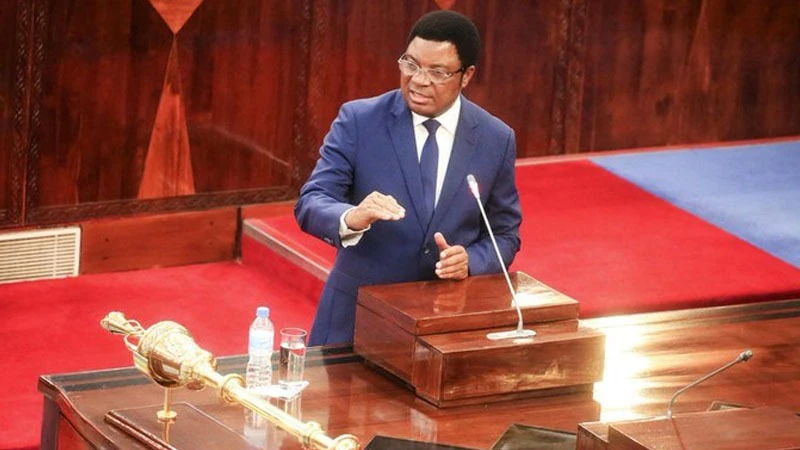Blue economy: War on IUU fishing holds a lot of promise for Tanzania

The beginnings of the blue economy in Tanzania could be traced back to the recognition of the existence country’s vast marine resources and their potential to support sustainable national economic growth.
Regrettably but not so unpredictably, though, those attracted by this potential included what one could refer to as fortune hunters who deliberately sought to over-use or misuse the resources available for positive exploitation.
Chroniclers have long shown that the misuse of marine resources largely through Illegal, Unreported and Unregulated (IUU) fishing in Tanzania have a complex history that predates colonialism and has continued to evolve into increasingly sophisticated forms over time.
Indeed, the colonial powers had their share in exploiting marine resources wherever and whenever they could do so.
However, there has been over the years a progressive though not necessarily systematic increase in the number and sophistication of foreign fishing activities, the incidence facilitated or expedited by foreign vessels.
This has greatly affected the nature of the measures taken to tame the challenges of regulating and monitoring the management of marine resources.
The combination of historical exploitation, post-colonial governance challenges and the influx of foreign fishing vessels has exacerbated the urgency of dealing with IUU fishing in Tanzania with enhanced efficiency.
Tanzania’s marine resources include fisheries, maritime transport, coastal tourism and natural gas. The fisheries sector, in particular, has been a significant contributor to the economy, providing employment and income to many.
In the early stages, Tanzania began developing policies and strategies to promote sustainable marine and coastal management including the issue of IUU.
This included the Integrated Coastal Environment Management Strategy in Zanzibar and the Mainland as well as marine spatial planning.
The strategy in both Zanzibar and the Mainland amounted to a comprehensive framework aimed at promoting sustainable use and conservation of coastal resources.
In essence, this provided a governance framework linking sectors at all levels of governance and creating various partnerships among stakeholders.
We have in mind the likes of the National Environment Policy, the National Fisheries Sector Policy and Strategy Statement (1997) and Environmental Management Act (2004).
Implementation was through various regulations and policies, including the Environmental Management (Integrated Coastal Zone Management) Regulations, 2024 – these complete with detailed guidelines relating to the management and protection of coastal zones.
Among the most recent milestones in the development of Tanzania’s blue economy is the Tanzania Chapter of the Ocean Governance Forum, a significant initiative aimed at transforming marine policies and promoting sustainable ocean governance.
The forum held a meeting from February 18 to 19, 2025 hosted by Tanzania’s own National Environment Management Council (NEMC) with several objectives.
One of these was to align national policies with global and regional ocean governance frameworks, such as global Sustainable Development Goal 14 (Life Below Water), the Nairobi Convention and the Africa Union’s Agenda 2063.
The Forum stands as a crucial platform for policy deliberation, collaboration and innovation in sustainable marine management.
NEMC Director General Dr Immaculate Sware Semesi is emphatic that the Forum is an especially essential platform at this time owing to the increasing pressure on the marine ecosystems made all the worse by overfishing, pollution and climate change.
She says that as Tanzania seeks to harness the opportunities of the blue economy, “the forum provides a crucial space for policy deliberation, collaboration and innovation”.
The Forum’s inaugural event essentially sought to “align national policies with global and regional ocean governance frameworks; facilitate multi-stakeholder engagement for sustainable marine management; and promote research, capacity-building, and knowledge-sharing to support ocean conservation”.
Tanzania’s blue economy holds immense potential for sustainable economic growth, food security and improved livelihoods for a large segment of the country’s population.
Even in its relatively not-so-developed form, the fisheries sector is a significant contributor to the country’s economy, providing substantial employment and foreign earnings and revenue for the country.
By one account, the sector directly employs more than 200,000 people, with more than 4 million others benefiting from it in one way or another.
Tanzania watchers are convinced that, thanks to its strategic location along the vast Indian Ocean, the country has the potential to increasingly grow into a major hub for maritime transport.
They say this can boost the country’s trade and economic growth by facilitating the movement of goods and people.
It is noted that the blue economy also includes the growth potential for renewable energy sources such as offshore wind and tidal energy. Judicious harnessing these resources can contribute to the country’s energy security and reduce reliance on fossil fuels.
Developing sustainable tourism practices can generate revenue and create employment opportunities for local communities, while sustainable extraction and management of these resources can provide economic benefits alongside minimising impact on the environment.
Seeking to strike a balance between economic activities and environmental conservation has always been considered crucial – and for reasons not hard to appreciate.
Efforts to protect marine ecosystems, combat illegal fishing and address pollution are essential for the long-term sustainability of the blue economy anywhere and everywhere.
Overall, all things that really matter considered, the real potential of Tanzania’s blue economy lies in its ability to harness marine resources sustainably while promoting economic growth and environmental conservation. The country and nation will find appreciating this fact invaluable going forward.
NEMC’s Dr Semesi is understood to boast over 20 years of experience in research and management of natural resources for sustainable.
It’s also on record that her previous engagements with World Wide Fund for nature (WWF) and Western Indian Ocean Marine Sciences Association (WIOMSA) afforded her a platform that allowed her to put into action the governance of coastal and marine resources at a national and regional level.
Accordingly, by her own admission, she has for long “been captured by the mystery of the ocean and what it can offer” and her spirit has for long been tied to marine life”.
One WIOMSA dispatch quotes Dr Semesi as having once underscored the importance of “recognising the role of women as stewards of natural resources and promoting their involvement in environmental conservation efforts… and supporting women-led initiatives in areas such as climate adaptation, biodiversity conservation, and sustainable agriculture that can have positive impacts on both communities and ecosystems”.
Should this spirit translate into sustainable practice, at least by informing the handling of all the marine resources the country is blessed with, Tanzania’s blue economy will have an immense lot for which thank all the personalities and forces behind the support.
Top Headlines
© 2025 IPPMEDIA.COM. ALL RIGHTS RESERVED

















